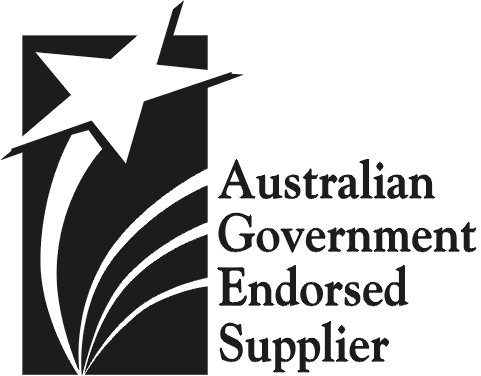
|
|
|
Answering the Question You're at a gathering and you come across someone you think might be a perfect client. He asks you, "What do you do?" "I'm a small business coach," you say, and wait for him to tell you that you are the answer to his prayers. "Oh, I see... uh... I think I left the lights on in my car," he says. "Nice talking to you. Bye." And you watch your perfect client rush away. Obviously, you need to find better ways to describe what you do--ways that will help prospects see that you really are an answer to their prayers. How do you do this? Here are two things that I recommend you not do. First, do not rely solely on your label. How many times have you said, “I’m a coach,” and your listener asks, “Oh, what team?” or soon changes the subject. Second, do not pass out jargon-filled descriptions of the coaching process. For example, avoid this sentence and anything like it: “I help people discover their excellence by co-creating a powerful conversation by having a two-way structured dialogue that goes beyond basic listening and includes multilevel hearing.” At best, your listener will have no idea how coaching could benefit her, and at worst she will be totally confused. Here’s what you should do. In a nutshell, communicate the prospect's probable problem. In another nutshell, communicate that you are the solution. When you describe the problem, be as specific as possible. Too vague: "I work with organizations that are facing the many challenges of the slow economy." Much better: "I work with small business owners who are struggling to get clients." See the difference? Go for an equally strong solution: "A lot of small businesses struggle to find new clients. Well, I have a service that guarantees them new clients." Bingo! Notice that your listener's body language changes. He leans toward you... he wants to know more. "How do you help small businesses get clients?" he asks. And then you tell him. Remember, this conversation is about your prospective client, not about you. Engage the prospect by linking her clearly and directly to the benefits of working with you. Irene Brooks, a business and life coach, is president and founder of 3-D Success Partners. Her website is www.3-DSuccessCoach.com. |
|
Send mail to postmaster@metservices.com.au with
questions or comments about this web site.
|